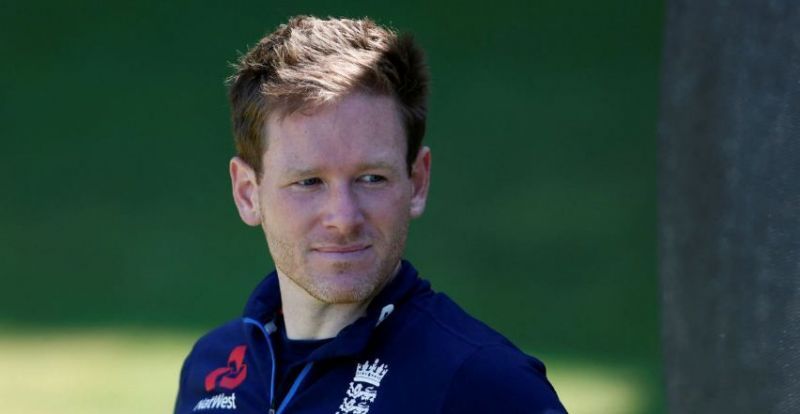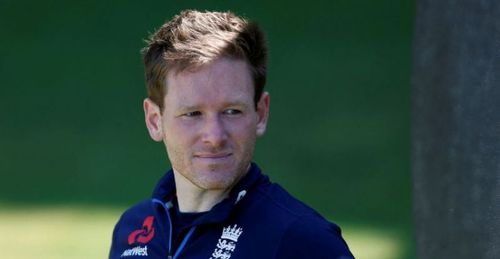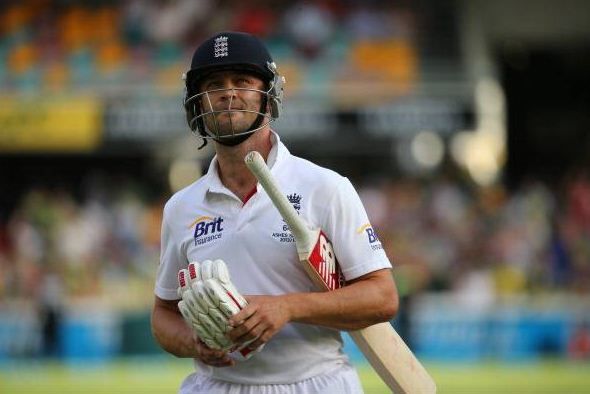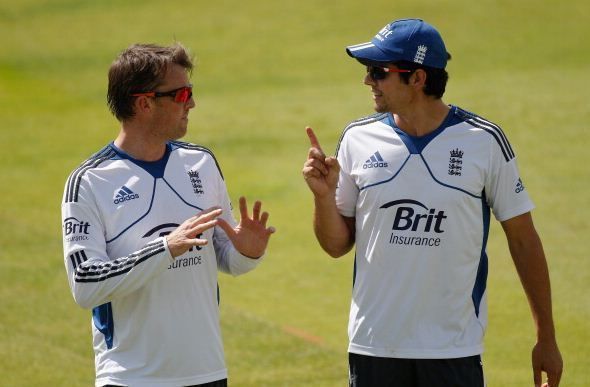
Opinion: England and the problem of having short careers

(Note: The views are author's own and do not reflect Sportskeeda's stand on the same)
Eoin Morgan has become the first player to don 200 ODI caps for England while leading his side in the first match of the 2019 World Cup against South Africa. The three-time finalists have a great chance of going the distance and clinching the coveted trophy looking at their recent form and home advantage.
One pertinent thought that the cricketing fraternity needs to deal with is why do the English cricketers have a short cricketing career?
From the time England played its inaugural test match in 1887 against Australia, only a handful have had an international career spanning more than a decade. Same is the story in ODI's as well. Out of 254 ODI caps, spanning across 47 years, only one player (Eoin Morgan) has managed to play 200 ODI's.
Out of its current active cricketers, only James Anderson is having a career of more than 15 years.
There are two main reasons as to why the Englishmen do not pursue long careers.
The first being the selection of players. The predominant culture of Englishmen is 'make or break'. Once a player dips in form or the selectors do not see any utility in him, they ruthlessly drop the player without any hesitation. They neither have any sympathy nor do they consider a player's past track record by giving a second chance to him.
Several players who had the potential of having long careers, but ended up being a victim to this are Paul Collingwood, Steven Finn (won the ICC emerging player award), Samit Patel, Tim Bresnan and many more.

The second reason for them to have short careers is because they wish to protect their identity and self-esteem. They do not want to end their careers by being dropped from the team. They always wish to leave on their own terms.
Several English players have admitted going into a state of depression after a string of poor performance. Some of the players who have fallen victim to this include Marcus Trescothick, Micheal Yardy, Andrew Flintoff, Steve Harmison, and Jonathan Trott.
Let us take the case of Jonathan Trott. After having been inducted into the England team in the final Test of the Ashes in 2009, Trott tasted immediate success after a memorable debut century and helping England in regaining the Ashes.
He continued his impeccable form with the bat by scoring over a thousand runs in Tests and ODI's and averaging over fifty in both of them. Because of this stupendous achievement, he won the ICC cricketer of the year in 2011. He continued his form in the World Cup and was the tournament's fourth highest run-getter.
But sadly, his joyride with the willow came to an abrupt end in 2013. It was the Ashes Down Under and there were high expectations for him to perform. What transpired in that series was a sorry state of affairs. Trott struggled to score runs. He faced a truckload of bouncers and short balls from Mitchell Johnson which only added to the sorry state of affairs.
At the end after a 5-0 drubbing, the English media criticized the players and their role in the team. Unable to withstand the mounting pressure and expectations, Trott shockingly announced his retirement from all forms of cricket with immediate effect.
Trott was left shattered and could not find anyone for solace. He was left in deep pain and anguish. Truly, his career was cut short due to the pressure from the media. Had the English cricket intervened and spoke to him with clarity, the whole episode could have been handled better.

Some more examples would be of Graeme Swann and Alastair Cook. Swann retired mid-way in Ashes after having failed to pick up a wicket in the Sydney test.
While there were talks about as to whether Alaister Cook would break the record of the legendary Sachin Tendulkar, he shocked the cricketing world by retiring after the Test series against India. He was just 33 then. Though he ended his career on a high by scoring a scintillating 147 in his final Test, many believed that there was much more gas left in his tank.
These small errors with respect to the selection have crept up by and large and as a result, England wasn't able to build a solid core team for the World Cup over the years.
The only positive thing now is the current form England and the welcome return of Joe Denly into the team after a gap close to a decade. Though he may have missed out on a place in the World Cup squad, the selectors have done enough to give him a look in.
England would be hoping to continue playing its aggressive brand of cricket and lift the coveted trophy at their homeland.